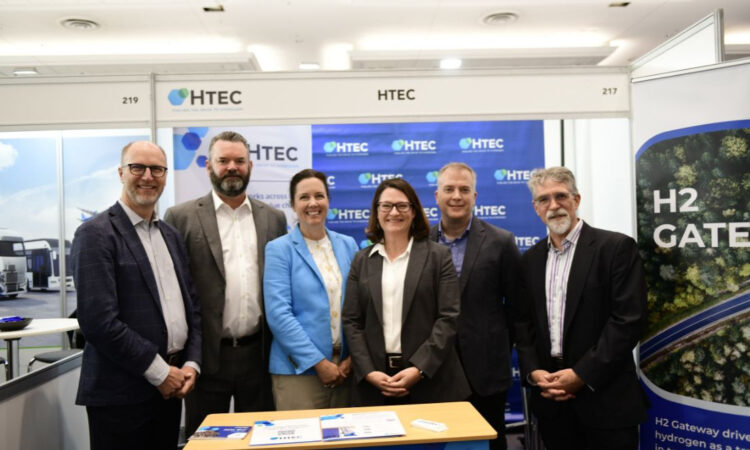Clean hydrogen firm HTEC has announced its plans to deploy about 100 hydrogen-powered fuel cell electric trucks (FCETs) on the roads of British Columbia under its ‘H2 Gateway’ program that aims to enhance the adoption of hydrogen as a transportation fuel in the region.
As part of the initiative, the company also plans build and operate an interprovincial network of up to 20 new hydrogen refuelling stations to support the commercial FECT fleet. To ensure a consistent hydrogen supply, the refuelling stations will be backed by three new clean hydrogen production facilities located in Burnaby, Nanaimo, and Prince George.
Additionally, a facility in North Vancouver will liquefy 15 tonnes per day of vented by-product hydrogen. HTEC already owns and operates Canada’s first hydrogen refuelling network with five hydrogen stations in the Canadian province of British Columbia.
“We are grateful for the Province’s support to scale-up zero-emissions, hydrogen-powered commercial transportation”, said Jeff Grant, Vice President of Transportation Solutions at HTEC. “Building on HTEC’s BC Hydrogen Pilot Trucks Project and the BC Hydrogen Ports Project, the H2 Gateway program will establish the first large-scale, heavy-duty hydrogen powered fleet of trucks to operate in BC”, he added.
The hydrogen trucks will be managed and leased through HTEC’s new Vehicle Leasing Corporation (VLC), whose mission is to manage vehicle deployment and enable coordinated hydrogen supply and demand in targeted regions, according to the company.
The focus is currently on Class 7 and 8 hydrogen-powered trucks, including both hydrogen fuel cell and hydrogen internal combustion engine models.
HTEC VLC claims to offer a comprehensive service package for fleet operators wishing to move into zero-emission hydrogen transportation options. This includes procuring best-in-class hydrogen-powered vehicles from leading OEMs, ensuring compatibility with hydrogen refuelling infrastructure and providing preventative and corrective maintenance services.
Further, the company works closely with regulators to ensure the trucks are compliant with federal and provincial requirements and advocates for supportive legislation and regulations. To further enhance the service, HTEC VLC uses proprietary telematics to monitor vehicle performance, ensuring high vehicle availability and reliability.
When using low carbon, locally-produced hydrogen, FCETs can emit approximately 92 percent fewer emissions per year than standard diesel trucks, HTEC claims.


